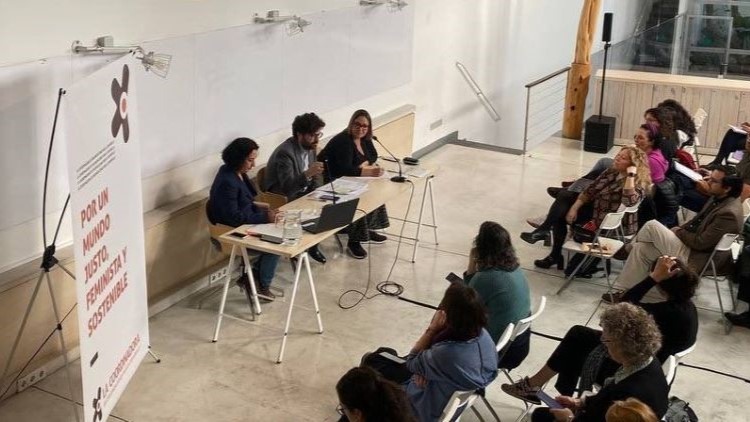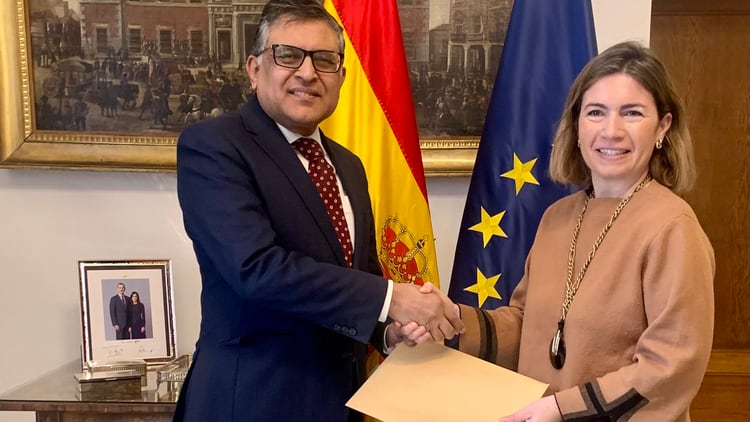The Diplomat
In recent years, Spanish non-governmental development organizations (NGDOs) have carried out around 4,800 cooperation projects in a hundred countries, according to the Spanish NGO Coordinator, who asked the Government to “fulfill the commitments” assumed with the new Cooperation Law because, “after the serious cuts of 2008, state financing of the projects has not been recovered.”
This is clear from the NGDO Sector Report 2023, presented this past Wednesday in Madrid by the director of the Spanish Agency for International Development Cooperation (AECID), Antón Leis, and the director of the Coordinator, Irene Bello.
According to the study, the 72 organizations that make up the Coordinator worked, between 2021 and 2022, on 4,800 projects that benefited nearly 47 million people in a hundred countries. To do this, they had the help of more than 8,100 professionals – 3,273 of them hired in Spain – and 17,188 volunteers. Additionally, the investment for these projects amounted to 641.2 million euros, which means a 10% increase in economic resources compared to 2020, when 582.5 million were invested.
According to the report, the private funds received by NGDOs represent 45% of the total. The remaining 55% are public funds, the majority of which (60%) come from international and European organizations, 23% from autonomies and local entities and 16.5% from national organizations. Citizen support for the work of Development NGOs is 2.3 million people.
“This shows that we still have a long way to go to recover the volume of financing necessary to carry out our work,” warned Irene Bello. “In a context like the current one, in which global crises deeply damage the lives of millions of people, it is essential to strengthen public cooperation policy,” she continued. “It is urgent to comply with the new Cooperation Law and strengthen the role of Development NGOs,” because, “after the serious cuts of 2008, state financing of projects has not been recovered,” she lamented.
“Behind this data,” she warned, “are 47 million lives and an important contribution to making this world a place where human rights are respected and our environments are protected.” “For our part, we will continue working hand in hand with our partners in different countries; we trust that the Government will fulfill the commitments made,” she concluded.
During the presentation of the report, which has the financial support of the AECID, Antón Leis stated that, “in addition to providing a photograph of the work that the NGDO sector carries out each year in cooperation,” this report “is a clear exercise of transparency, available to citizens, and dissemination and visibility of cooperation, a visibility that is fundamental in this moment of overlapping crises, where cooperation becomes a key policy of foreign action.”
Likewise, Leis stressed that the new legal framework created with the recently approved Cooperation Law recognizes NGDOs as “key actors” in the development cooperation system in Spain and as preferred partners of the AECID. “These entities are key to channeling citizen solidarity and strengthening the civic and democratic space of our country,” he added.







